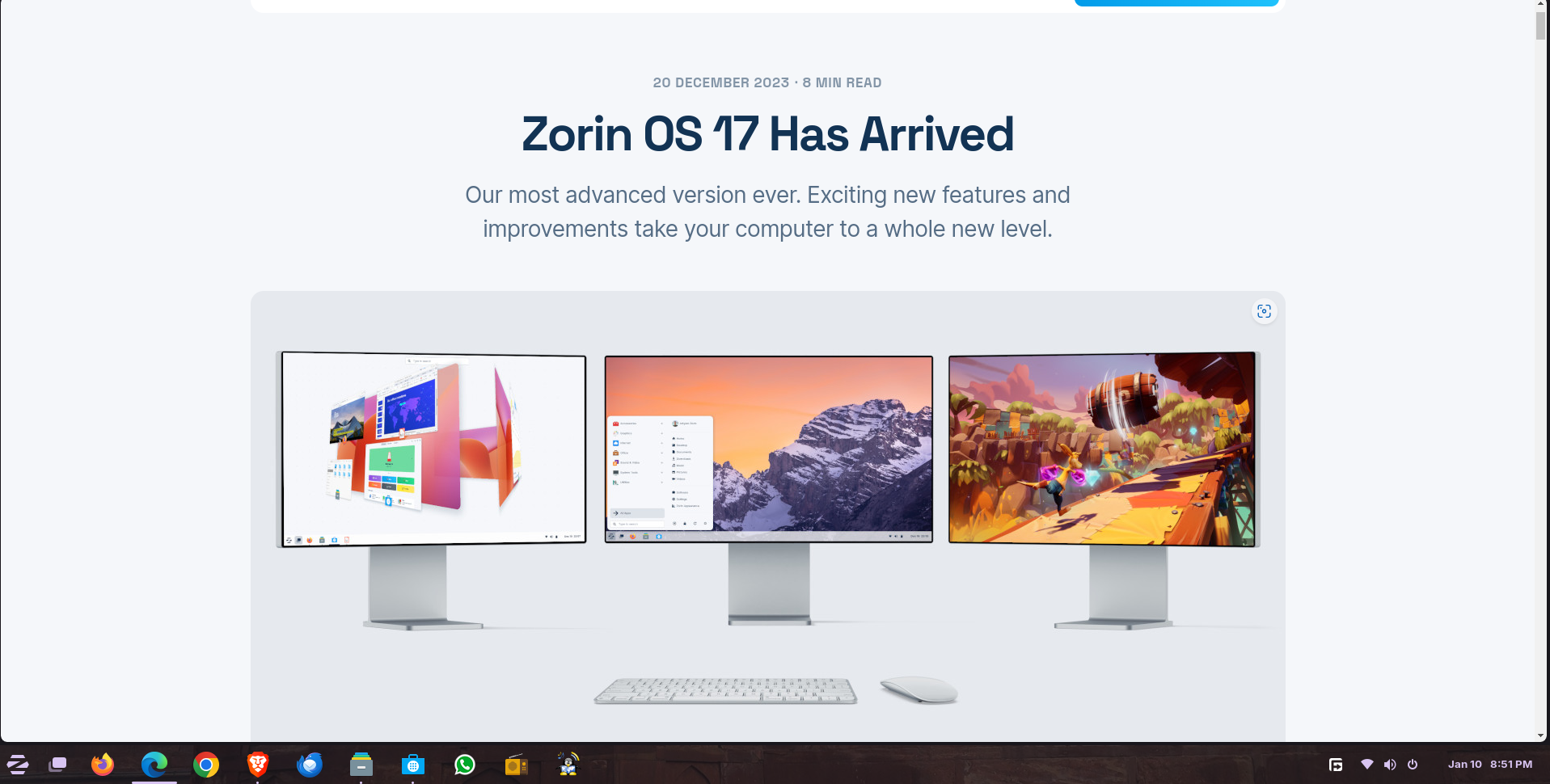Hack Like a Pro: Kali Linux Essentials for Security Enthusiasts

In today’s rapidly evolving digital landscape, cybersecurity has emerged as a paramount concern. With the proliferation of cyber threats and attacks, individuals and organizations must take proactive measures to protect their digital assets. One invaluable tool in the arsenal of security professionals is Kali Linux.
What is Kali Linux?
Kali Linux, formerly known as BackTrack Linux, stands as a Debian-based distribution tailored for digital forensics and penetration testing. Developed by Offensive Security, Kali Linux comes equipped with a plethora of tools and utilities meticulously crafted for various facets of cybersecurity assessment and penetration testing.
Features of Kali Linux

1. Comprehensive Toolset
Kali Linux boasts an extensive array of tools segmented into different categories such as Information Gathering, Vulnerability Analysis, Web Application Analysis, Wireless Attacks, Exploitation Tools, and more. This comprehensive toolset equips security enthusiasts with everything they need to conduct thorough assessments and pinpoint vulnerabilities in systems and networks.

2. Active Development and Updates
A standout feature of Kali Linux is its commitment to active development and frequent updates. The dedicated team behind Kali Linux consistently enhances existing tools, integrates new ones, and ensures compatibility with the latest hardware and software technologies. This dedication to staying current renders Kali Linux a dependable and potent platform for security professionals.
3. Customization and Flexibility
Another advantage of Kali Linux lies in its flexibility and customization options. Users have the liberty to tailor the distribution to their specific requirements by installing additional tools, tweaking configurations, and crafting personalized workflows. This flexibility enables security professionals to adapt Kali Linux to diverse scenarios and environments, thereby enhancing their efficiency and productivity.
4. Community Support
Kali Linux thrives on a vibrant and engaged community of users, developers, and contributors. This community-driven ecosystem fosters collaboration, knowledge sharing, and continuous improvement. Whether seeking assistance, troubleshooting issues, or sharing insights, security enthusiasts can rely on the Kali Linux community for robust support and guidance.
Getting Started with Kali Linux
Installation

Installing Kali Linux is a breeze, thanks to the user-friendly installation wizard. Users can opt to install Kali Linux as their primary operating system or set it up within a virtual environment using software like VMware or VirtualBox. The official Kali Linux website offers comprehensive installation guides and tutorials for various platforms and deployment scenarios.
Basic Usage
Upon installation, users can acquaint themselves with the Kali Linux interface and navigation. The distribution features a sleek and intuitive desktop environment, ensuring a seamless user experience. Security enthusiasts can explore the diverse tools and utilities bundled with Kali Linux, experiment with different command-line commands, and commence refining their skills in penetration testing and cybersecurity assessment.
Advanced Techniques and Best Practices
Effective Penetration Testing
Penetration testing, synonymous with ethical hacking, entails simulating real-world cyber attacks to unearth and remediate security vulnerabilities. With Kali Linux, security professionals can conduct exhaustive penetration tests across different layers of an organization’s infrastructure, encompassing networks, applications, and endpoints. Leveraging advanced techniques and methodologies like social engineering, vulnerability scanning, and exploit development empowers security teams to uncover potential weaknesses and fortify defences proactively.

Staying Updated and Informed
In the ever-evolving realm of cybersecurity, staying abreast of the latest threats, vulnerabilities, and attack techniques is imperative. Security enthusiasts should routinely monitor industry news, peruse security bulletins, and tap into threat intelligence sources to stay informed about emerging trends and developments. Additionally, active engagement in cybersecurity communities, attendance at conferences, and pursuit of continuous education and certification serve to augment one’s knowledge and expertise in the field.
Collaboration and Knowledge Sharing
Cybersecurity transcends individual efforts, necessitating collaboration and knowledge sharing among peers and industry professionals. Security enthusiasts can leverage platforms like GitHub, forums, and online communities to collaborate on security research, exchange tools and resources, and contribute to open-source projects. By actively participating in the cybersecurity community, individuals broaden their perspectives, glean insights from others’ experiences, and make substantive contributions to the collective security landscape.
Conclusion
In summation, Kali Linux stands as an indispensable asset for security enthusiasts and professionals endeavouring to fortify their cybersecurity acumen and capabilities. With its comprehensive toolset, commitment to active development, customization options, and robust community support, Kali Linux empowers individuals and organizations to conduct effective assessments, tests, and safeguards for their digital assets against evolving cyber threats. Embracing Kali Linux and adhering to best practices in penetration testing and cybersecurity not only elevates one’s expertise but also contributes to fostering a safer and more resilient digital ecosystem.




Leave a Reply